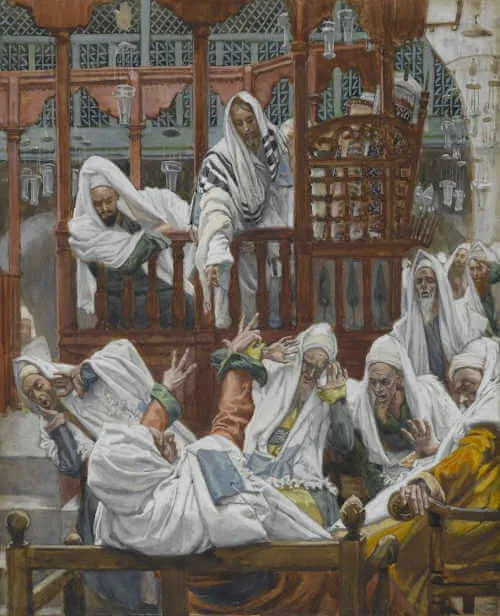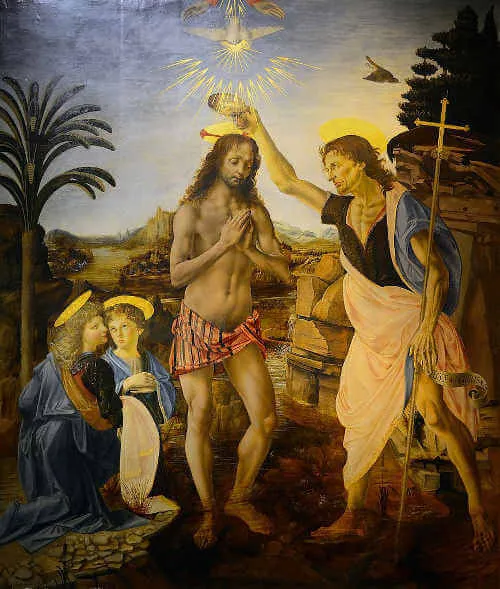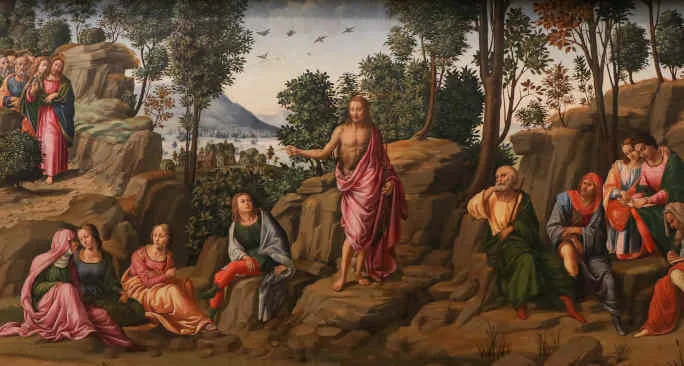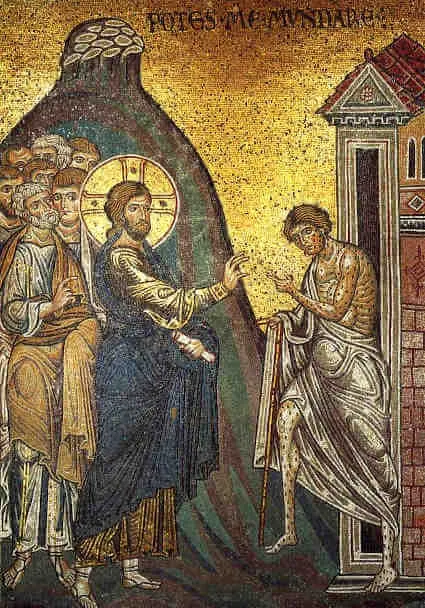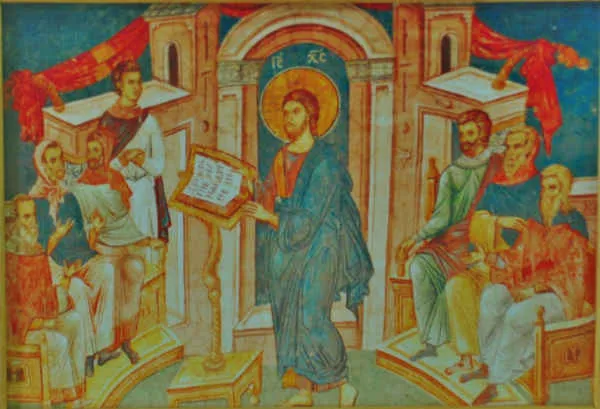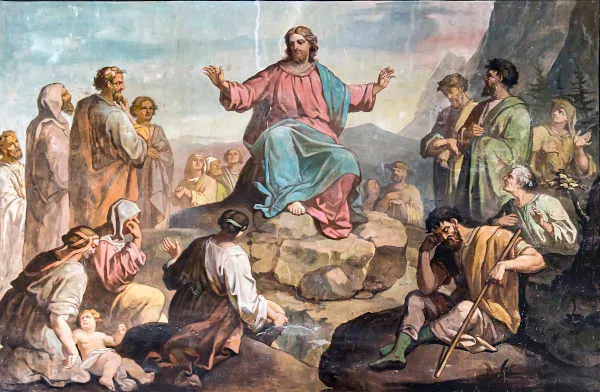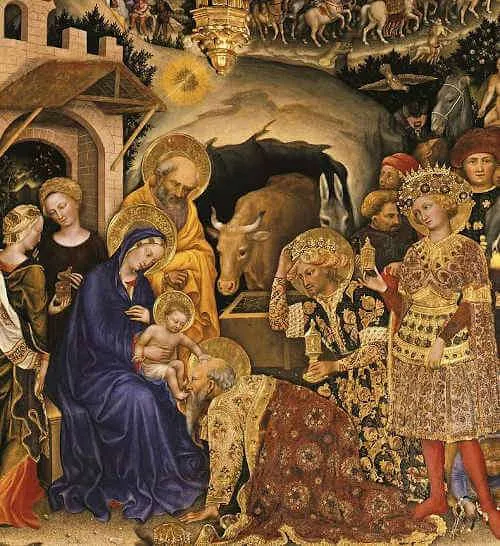Mark 1:23-25
Confronting the Evil One
In their synagogue was a man with an unclean spirit; he cried out, “What have you to do with us, Jesus of Nazareth? Have you come to destroy us? I know who you are–the Holy One of God!” Jesus rebuked him and said, “Quiet! Come out of him!”
Reflection:
There were numerous times when Jesus directly confronted demons in the Scriptures. Each time He rebuked them and exercised His authority over them. The passage above illustrates one such case.
The fact that the devil shows himself over and over in the Gospels tells us that the evil one is real and needs to be dealt with appropriately. And the appropriate way to deal with the evil one and his fellow demons is to rebuke them with the authority of Christ Jesus Himself in a calm but definitive and authoritative way.
It’s very rare that the evil one makes himself fully manifest to us in the way that he did in the passage above to Jesus. The demon speaks directly through this man, which indicates that the man was fully possessed. And though we do not see this form of manifestation often, it doesn’t mean that the evil one is any less active today. Instead, it shows that the authority of Christ is not being exercised by the Christian faithful to the extent that is necessary to combat the evil one. Instead, we often cower in the face of evil and fail to confidently and charitably stand our ground with Christ.
Why did this demon manifest himself in such a visible way? Because this demon was directly confronted with the authority of Jesus. The devil usually prefers to remain hidden and deceptive, presenting himself as an angel of light so that his evil ways are not known clearly. Those whom he controls often do not even know how much they are influenced by the evil one. But when the evil one is confronted with the pure presence of Christ, with the Truth of the Gospel that sets us free, and with Jesus’ authority, this confrontation often forces the evil one to react by manifesting his evil.
Reflect, today, upon the fact that the evil one is constantly at work all around us. Consider the people and circumstances in your life where the pure and holy Truth of God is attacked and rejected. It is in those situations, more than any other, that Jesus wants to bestow upon you His divine authority to confront evil, rebuke it and take authority over it. This is primarily done through prayer and deep trust in the power of God. Don’t be afraid to allow God to use you to confront the activity of the evil one in this world.
Source: https://catholic-daily-reflections.com/2025/01/13/confronting-the-evil-one-4/


